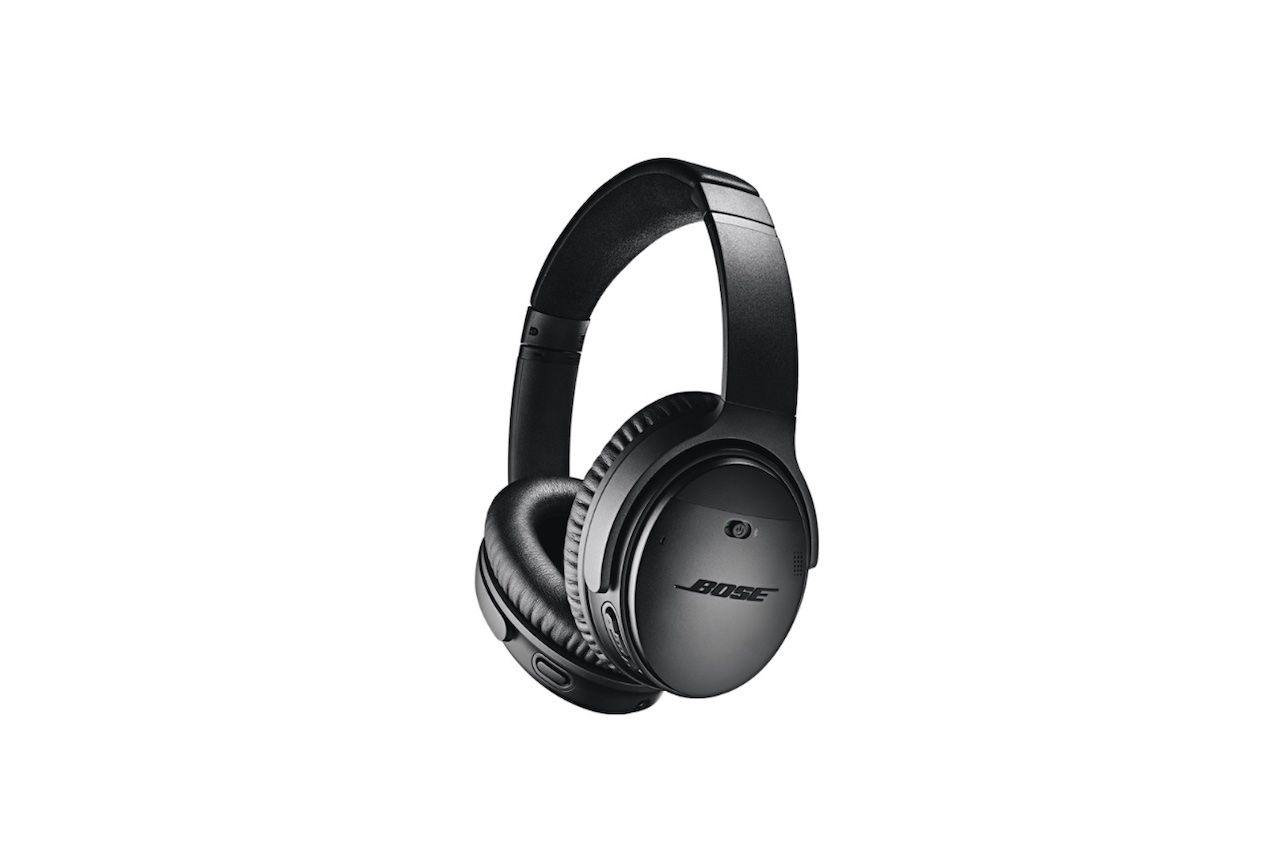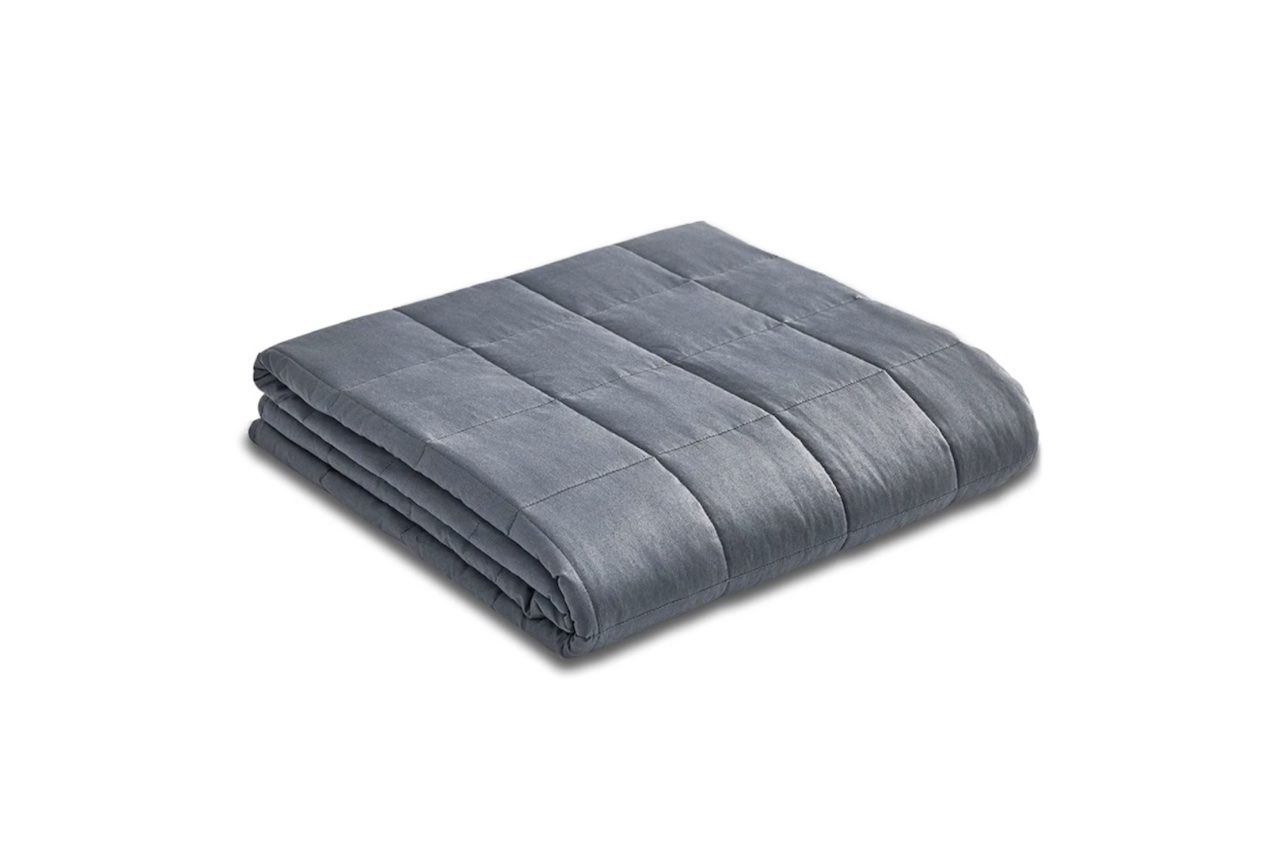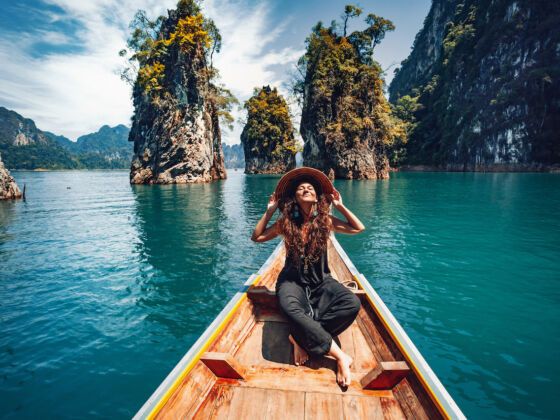It’s no secret that the world isn’t built for people with autism (ASD), and travel is no different. Resources abound for families with autistic children, while a quick internet search for “solo travel for autistic adults” yields few results. The reasons for this discrepancy are unclear — it could be because researchers don’t measure for ASD travel in market surveys, or it could be due to implicit ableist biases amongst travel industry stakeholders.
Regardless of the reason, upon seeing the dearth of resources for solo ASD travel, it’s easy to reach a dispiriting conclusion, that solo travel is only for neurotypicals.
- Are solo travel and autism meant to be?
- The meltdown-proof itinerary for ASD travel
- How to find Aspie-friendly accommodation
- The ultimate ASD travel packing list
- How to stay safe on the road
Are solo travel and autism meant to be?
After discovering I was on the spectrum in my early 20s, I put off solo travel for years because I believed it wasn’t for me.
It took an English teaching position and a subsequent one-way flight to the Republic of Georgia for me to change my mind; since 2014, I’ve traveled solo in 15 countries and counting.
And since traveling alone, I’ve learned that while being autistic means you have to travel differently from your neurotypical peers, travel is actually a great match for Aspies. It can be a rewarding lifestyle that can open doors to the experiences, opportunities, and sense of belonging that often feel out of reach in your home country if you struggle with fitting in.
The meltdown-proof itinerary for ASD travel
Travel feels contradictory for Aspies who love to wander, as, by definition, travel means sacrificing familiarity and the routines that come with it.
A love of routine, however, is a hallmark autistic trait, one that creates a failsafe against nervous system overwhelm and consequent extreme emotional distress, a phenomenon known as meltdowns.
The increased risk for meltdowns on the road is why I’ve placed itinerary planning first on this guide. And though a solid outline of what you plan to do and when you plan to do it won’t protect you from travel-related curveballs like delayed flights and disappointing hotel rooms, it will provide the secure base needed to respond to stress in healthy ways.
- If traveling overseas from the Americas, aim to arrive in the morning.
Time zone differences wreak havoc on your ability to emotionally regulate; set your nervous system up for success by booking trans-oceanic flights with evening departures and morning arrivals.
- Pace yourself.
A rushed trip is a recipe for meltdowns, especially if you schedule too many activities in the first few days of your visit. One to two major sights per day is a good itinerary metric for Aspies, followed by three or more hours of downtime. Don’t fret if a slower schedule means you can’t see everything.
- Avoid guided tour packages.
While all-inclusive trips spare you from booking and navigation legwork, vacation packages are not ideal for neurodivergent travelers, as they tend to saddle you with an inflexible, overloaded schedule, complete with regimented mealtimes, fast-paced sightseeing, and short trip duration.
- Reserve one day for rest after flights and other forms of long-haul transportation.
Navigating transit in a foreign country takes a lot of physical and emotional energy; recharge your batteries with plenty of rest.
- Book accommodation and train tickets ahead of time (if possible).
Besides eliminating the stress that comes from last minute searches, pre-booking lets you find the best seats, schedules, and lodging options.
- Center your itinerary around your special interests.
Nothing provides an instant mood boost like getting to engage with a special interest; don’t be afraid to deviate from guidebook recommendations if your destination plays host to a special interest.
How to find Aspie-friendly accommodation
Not all accommodation is created equal when you’re on the spectrum, especially if you have sensory processing sensitivities around light and noise as I do.
And since the quality of rest, privacy, and comfort your accommodation provides is integral for your ability to emotionally regulate, here’s my tops tips for finding autism-friendly housing.
- Choose your neighborhood wisely.
Trendy isn’t so trendy if it keeps you up at night; know that central neighborhoods in urban areas come with increased street noise and light pollution.
- Mind the keywords.
Hospitality copywriters use keywords to attract their ideal customer; be mindful of terms used by party hostels, such as “energetic”, “wild”, “bustling”, and “hot spot”. Alternatively, “family-friendly”, “residential”, and “cozy” are green lights for peaceful, laidback housing.
- Opt for private rooms at hostels and entire homes/apartments.
While it’s tempting to save a few coins with group dorms and rooms, shared accommodation is a nightmare if you’re introverted, a light sleeper, and have lengthy bathroom rituals. You never know what you’re going to get with shared spaces, and more often than not, what you get is disruption.
- Look for accommodation with a kitchen and stove.
Restaurants are intimidating for solo autistic travelers with social anxiety, especially during dinner service; kitchens give you the option to cook your own meals and enjoy them in private. They also help you avoid overspending on take-out.
The ultimate ASD travel packing list
Fulfilling, meltdown-free travel on the spectrum begins long before you board the plane, with your packing list. Below are my must-have items.
We hope you love the some of products we recommend! Just so you know, Matador may collect a small commission from the links on this page if you decide to purchase. Listed prices are accurate as of the time of publication.
Noise-canceling headphones

Photo: BOSE
An essential for drowning out irritating airplane cabin noise. BOSE have some great headphone options and are definitely worth the investment. It is however advisable to avoid using noise-canceling headphones in unfamiliar areas where alertness is required, such as on the street and at outdoor markets.
Price: $194.99
Stim toys
Travel exposes you to new environments, however, new environments are sometimes overstimulating. Stim toys act as a pressure-release valve for travel’s overstimulating moments.
Weighted blanket

Photo: YnM
Besides keeping you warm, a weighted blanket provides grounding stimuli when you feel anxious and overwhelmed. There are lots of options on the market for weighted blankets, but this one from YnM has great customer reviews on Amazon.
Price: $59.90
Familiar snacks
If you have anxiety around trying unfamiliar foods, bring along some go-to snacks to help ease the transition to a new diet.
Spectrum safety on the road
On the surface, solo travel is about exploration. Below the surface, however, solo travel is about exploring vulnerability. And while vulnerability can lead to enhanced self-acceptance and openness to new experiences, it also tends to attract those who wish to exploit it.
All neurotypes are at risk for encountering unsavory characters on the road, and autistic travelers are at particularly high risk for crossing paths with predators due to our trusting disposition and conspicuous body language.
Said high risk is also amplified by the fact that socialization is challenging for Aspies, so challenging that our desire for connection can leave us susceptible to accepting harmful relationships.
When socializing abroad, be wary of strangers who approach you with levels of interest that are disproportionate with the amount of time you’ve known them, especially if said interest levels are coupled with flattery, gifts, and streetside settings. Know that while travel is a great way to meet new people, healthy interpersonal relationships abroad are generally forged when you engage in common activities over a sustained duration of time.
